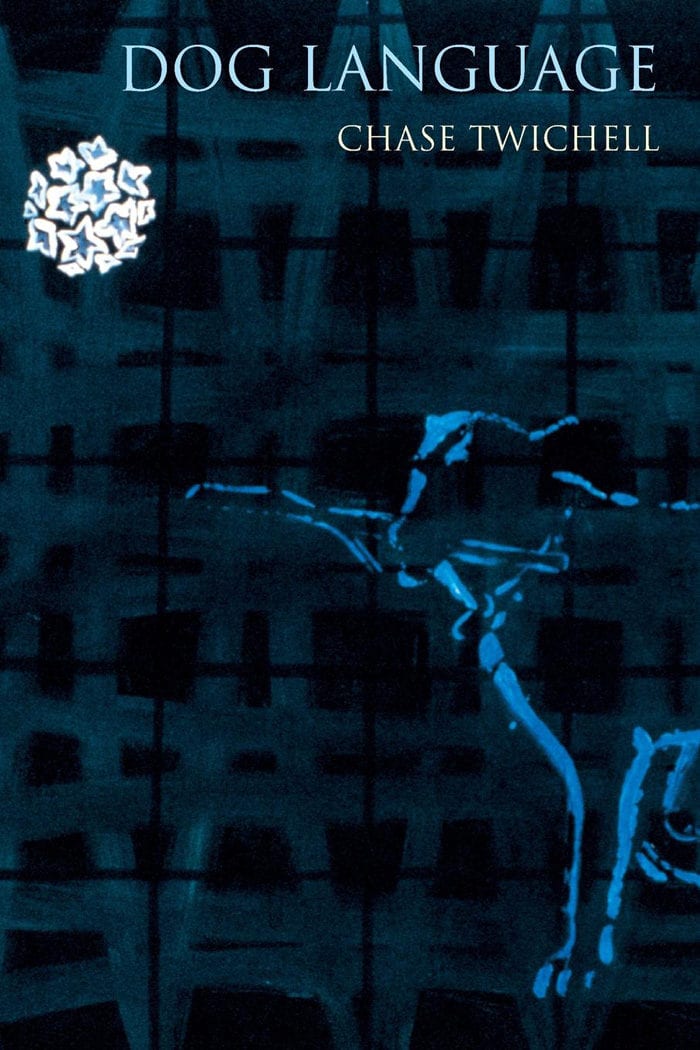
Chase Twichell follows these rules when writing poems: “Tell the truth. No decoration. Remember death.” In an age when individual identity is questioned, medicated, and revised, the poems in Dog Language address the question “What is the self?” Following the line of human development, Twichell confronts memory and mortality and asks what, if anything, survives. She writes, “poetry is not window-cleaning. / It breaks the glass.”
ISBN: 9781556592317
Format: Paperback
Reviews
“Suppose you had Sappho’s passion, the intelligence and perspicacity of Curie, and Dickinson’s sweet wit—all mixed into a brilliantly shifting connectivity of ideas, scenes, creatures, phantoms, moods, and suspicions—and set her in the life we know we live. Then you would have the poems of Chase Twichell, which are so splendid and astonishing that they actually console her readers in the parlors of Pompeii.” —Hayden Carruth
“Impressive in its scrutiny, grim in its overtones, Twichell’s sixth book of verse assembles incidents and memories from much of the poet’s life, starting with children’s games and ‘the first typeface I loved’ and ending in a family graveyard… One of the book’s five sections covers Twichell’s father’s last days in a nursing home, where the poet sees ‘skeletons everywhere, / riding around on silver wheels.’ Earlier poems take up clinical depression, mourning, and ‘self-medication’ with recreational drugs. Like Louise Glück, Twichell explores ‘the secret / Protestant pride in asceticism,’ making stark declarations from which other poets would shrink.” —Publishers Weekly
“It is impossible to relate the joy and depth of Twichell’s work… The poet’s gift, her love of language is inspiring, a celebration of a lifetime of moments, the embrace of conflicting emotions, and the skill to turn phrases into shining castles.” —Curled Up With A Good Book, amazon.com
“Throughout these poems, Twichell is concerned with impermanence—not only that of words and memories, but of her loved ones. There is a constant pull here between tending to them and stepping away in order to write these poems… Twichell asks the old questions—What does it mean to love people and animals you know will die, or are dead already? What are the words for that love?—in a twenty-first century world… The familiarity and directness offered in these poems is a gift—one that is not always easy to accept, though it is richly rewarding.” —Rattle
“Twichell is mistress of the eloquent object (as Lowell was the master)… Reading Dog Language is like opening a window and letting a knife of light into the parlor. It is a fierce, clarifying, and distinctive book.” —West Branch
